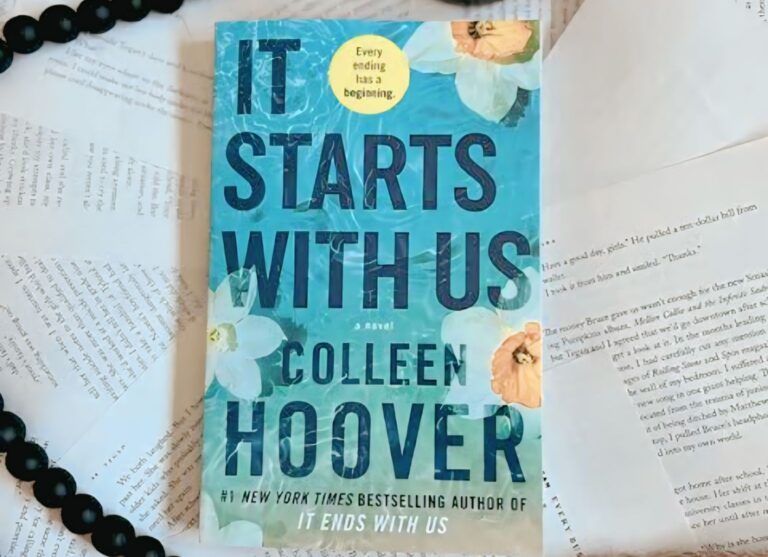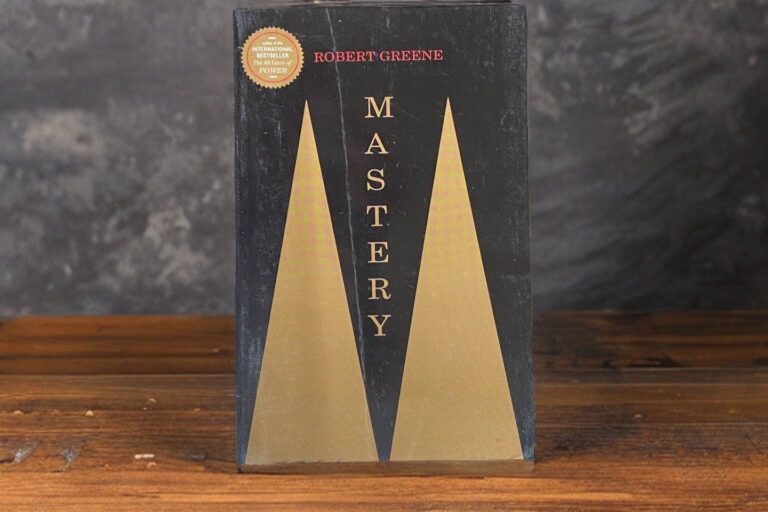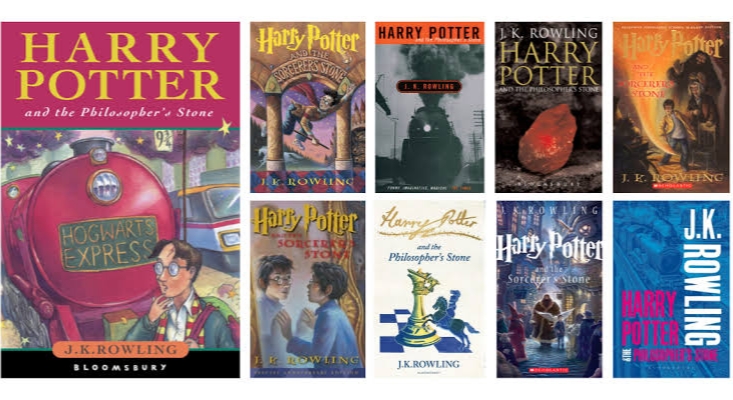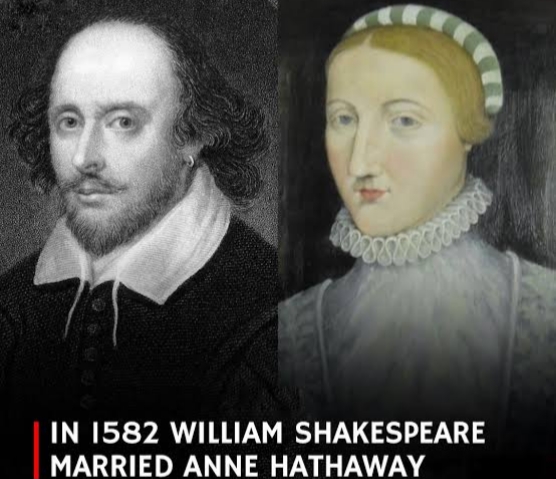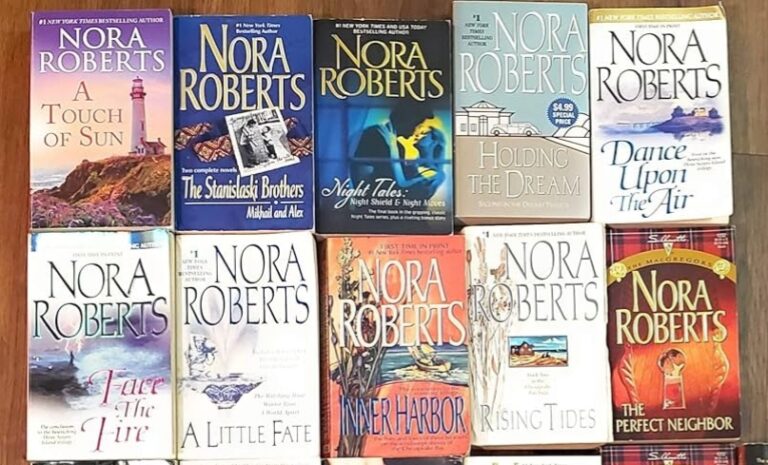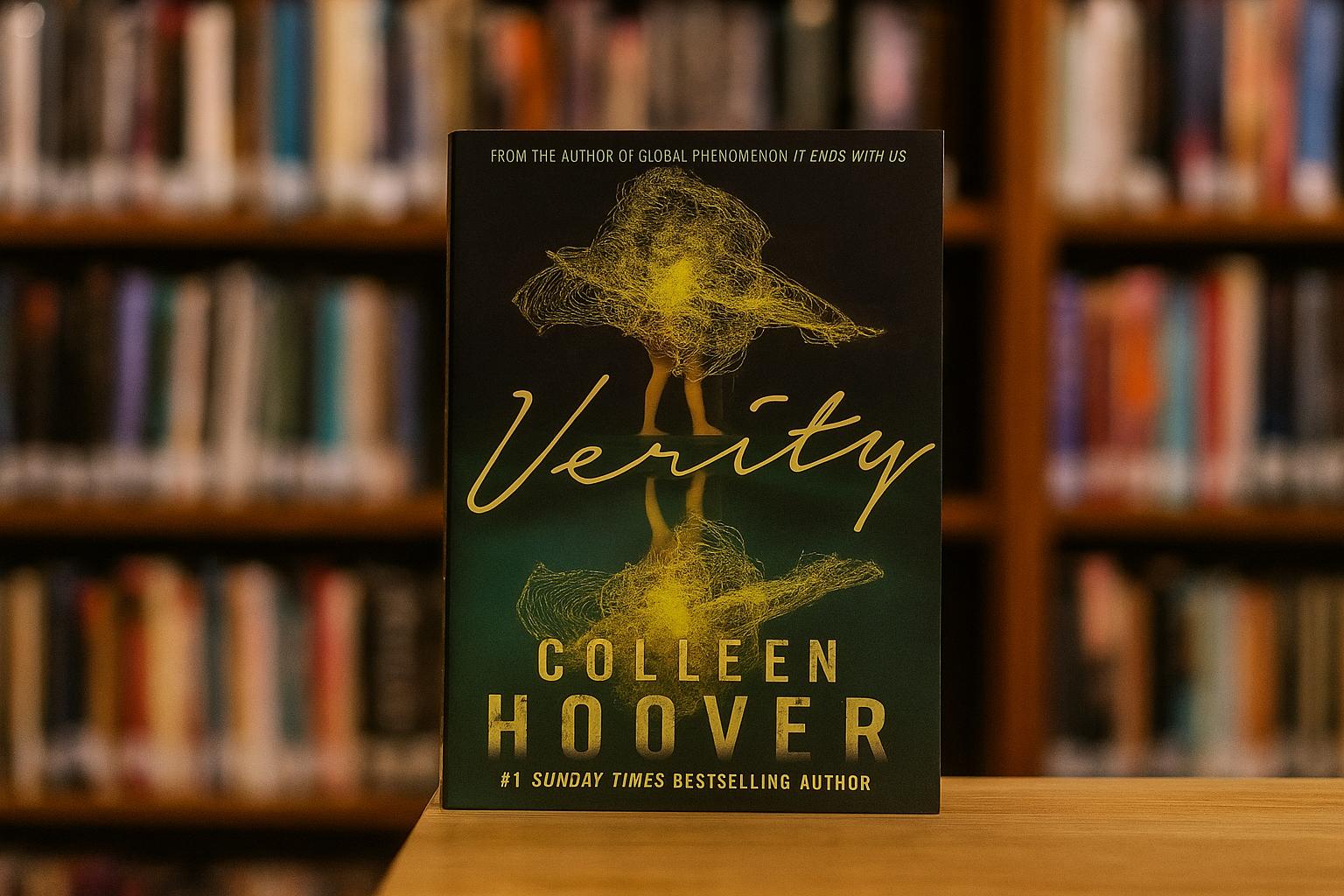
There are books that entertain. There are books that move you. And then, there’s Verity — a book that slips under your skin, digs into your thoughts, and refuses to leave even long after the final page. Colleen Hoover’s psychological thriller isn’t just a story; it’s a scream into the void of human complexity, where love and horror blur, and where truth isn’t always what it seems.
Hoover, best known for her emotionally charged romances, turns sharply into darker territory here — and the result is nothing short of disturbing brilliance. Verity doesn’t beg for your attention; it demands it, drags you into a world where you can’t trust anyone — not the narrator, not the author within the story, and certainly not your own moral compass.
The Premise That Hooks and Haunts
Lowen Ashleigh is a struggling writer, drowning in debt and anonymity. Out of nowhere, she is offered a once-in-a-lifetime opportunity: to finish a bestselling book series written by the famous (and now incapacitated) Verity Crawford. The job requires her to move into the Crawford household and sift through Verity’s office to find notes, outlines, and anything that can help her complete the series.
But what Lowen finds isn’t a plot outline — it’s a manuscript. An autobiography that Verity never intended anyone to read.
In those pages lies a chilling, twisted confession of love, manipulation, motherhood, and cruelty. A story so raw and ugly, it casts a shadow on every smile, every touch, every innocent moment in the Crawford home. As Lowen reads on, she’s drawn deeper into a dangerous obsession — with the manuscript, with Jeremy Crawford (Verity’s husband), and with uncovering the truth.
Psychological Warfare on the Page
Verity is not a thriller in the traditional sense. It doesn’t rely on chase scenes or cops or forensic clues. Its terror is internal. Emotional. Psychological. It thrives in ambiguity — the most dangerous weapon of all.
What makes this novel so human — and so chilling — is how Hoover explores the messiness of perception. We watch Lowen slowly lose her sense of objectivity, her trust in others, and ultimately, her trust in herself. Every character in this book wears a mask, and Hoover never lets us see fully beneath them. Not even in the end.
There’s a voyeuristic quality to reading Verity’s manuscript — like we’re invading the deepest, most despicable parts of someone’s mind. And it works, because we too are complicit. We can’t look away.
Hoover’s Masterstroke: The Manuscript Within the Novel
What elevates Verity beyond a good thriller is the use of the manuscript as a story device. It creates a book within a book — a reality within a lie, or perhaps a lie within a deeper truth. The manuscript is written with venom and beauty. It’s shocking, grotesque, yet disturbingly captivating.
Verity’s words — as we read them through Lowen — are sharp, provocative, unapologetic. They expose a twisted woman, unfit to be a mother, cruel in her love, and cold in her logic. But then again, that’s just her version. Or maybe it’s a performance. Or maybe it’s exactly what happened.
By the end, we’re left questioning the very act of writing. What is truth? What is fiction? Does an author’s intent matter more than the reader’s perception? And if a lie is written convincingly enough, does it become a kind of truth?
Characters Built on Shadows
Lowen is perhaps the most human of all Hoover’s characters — full of insecurity, self-doubt, jealousy, and curiosity. Her descent into obsession feels natural, almost inevitable. Jeremy is more ambiguous: loving, grieving, protective, and possibly dangerous. And Verity… she’s an enigma. Whether alive or not, present or absent, she dominates the story like a haunting.
There’s no moral clarity here. No hero. No victim. Just people — flawed, raw, wounded. And that’s what makes Verity hit so hard. We don’t read it to feel safe. We read it to feel something sharp.
The Ending That Divides Readers
Much has been said about Verity’s final twist — the letter that reframes everything we’ve read. Some call it a genius move; others feel cheated. But that’s the point.
Hoover doesn’t give us neat answers. She hands us a box of broken glass and lets us decide what to build from it. Is Verity a monster or a misunderstood artist? Is Jeremy a protector or a manipulator? Was the manuscript a confession or fiction?
The ambiguity is maddening — and utterly brilliant.
Why Verity Matters in Today’s Book World
In a world saturated with formulaic thrillers and safe romances, Verity is a bold risk. It’s not comfortable. It’s not tidy. It doesn’t hold your hand or tell you what to think. It trusts the reader to feel confused, angry, disturbed — and to live with those feelings.
That, perhaps, is its greatest strength. It reminds us that literature isn’t about comfort. It’s about confrontation. With ourselves, with others, with the stories we tell.
And Verity is a confrontation in its purest form.
Memorable Quotes:
“Some secrets should stay buried.”
“The scariest monsters are the ones that lurk within our souls.”
“Truth is not always fact. And fact is not always truth.”
Final Thoughts:
If you’re looking for closure, Verity won’t give it to you. But if you’re looking for a book that will wake something up in you — fear, awe, rage, empathy — then it delivers in ways few novels can.
It’s not just a thriller. It’s a mirror. And you might not like what you see.
Recommended for:
- Fans of dark psychological thrillers
- Readers who love morally grey characters
- Those who enjoy stories with ambiguous endings
Not for the faint of heart. But absolutely unforgettable.
Frequently Asked Questions About Verity by Colleen Hoover
Q1. What is the main theme of Verity by Colleen Hoover?
Verity explores themes of obsession, manipulation, trauma, the duality of truth, and the disturbing line between fiction and reality. It’s a psychological thriller wrapped in a forbidden love story.
Q2. Is Verity based on a true story?
No, Verity is a work of fiction. While the characters and events feel disturbingly real, the story is purely a product of Colleen Hoover’s imagination.
Q3. Is Verity appropriate for young readers?
Verity contains mature themes, graphic content, and psychological tension. It is best suited for mature readers (18+) due to explicit scenes and dark subject matter.
Q4. What is the significance of the manuscript in Verity?
The manuscript Lowen discovers is the story’s dark core. It acts as a mirror into Verity’s psyche — or perhaps a cleverly written trap — raising chilling questions about what’s real and what’s manipulation.
Q5. What genre is Verity?
Though Colleen Hoover is known for romance, Verity is primarily a psychological thriller with romantic and suspenseful elements.
Q6. Is the ending of Verity a twist?
Yes, the ending is deeply ambiguous and haunting. It leaves readers questioning everything they’ve read, including the reliability of each character and the manuscript’s authenticity.
Q7. Who is Lowen Ashleigh in Verity?
Lowen is the struggling writer hired to complete Verity Crawford’s book series. As she dives deeper into Verity’s notes and manuscript, she uncovers terrifying secrets — and becomes dangerously entangled in the Crawford family’s twisted past.
Q8. Will there be a Verity sequel or movie?
As of now, there’s no confirmed sequel. However, Colleen Hoover has hinted at interest in a film adaptation. Fans continue to speculate and hope for a screen version of this intense story.
